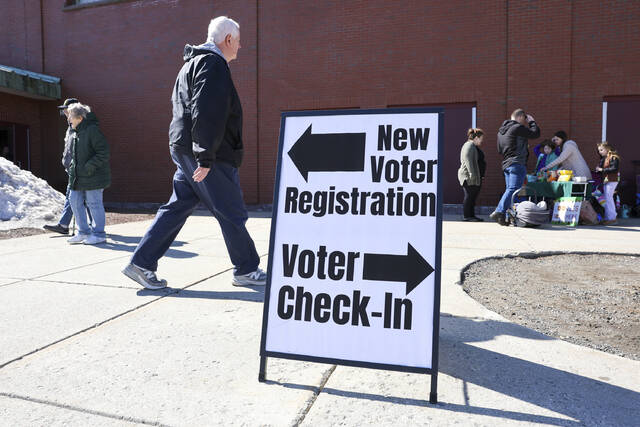The Pennsylvania School Boards Association might seem like a trade organization.
The name gives the same feeling as other state groups for those with related business, such as the Pennsylvania Corn Growers Association, Pennsylvania Retailers Association or the Malt Beverage Distributors Association of Pennsylvania.
There are similarities. Each group looks at issues that affect their members. They share information. They try to improve the work done. They push for beneficial change.
The differences come because the school boards association doesn’t represent a private business or company with stockholders. It represents the elected officials of the 500 school districts in the state.
“Pennsylvania’s 4,500 school directors become members by virtue of election to their local board — the board joins as a whole,” the association’s website states.
At the same time, it stresses it is a membership group, “not a regulatory body or state agency.” But there is still close involvement with developing what boards can enact. Spokesperson Mackenzie Christ told TribLive the organization “drafts optional policy guides to provide a general governance structure.”
In a narrow 103-99 vote, the state House recently approved a bill that would require new board members to complete a training program developed with “a statewide organization representing school directors” and one representing school business officials.
So is it public or private? Does it have to comply with Right-to-Know Law? That’s a question legislation recently passed in the Senate seeks to address.
The House bill stipulates that “nothing … shall deem the statewide education organization as a state-affiliated entity.” But that’s a suspect disclaimer when there are already things that do.
For instance, school boards association employees participate in the Pennsylvania School Employees Retirement System. Bill sponsor Sen. Kristin Phillips-Hill, R-York, told PennLive.com that the association’s Social Security reimbursements are subsidized with state money.
Similar connections are why the courts ruled the Pennsylvania Interscholastic Athletic Association is woven close enough into the fabric of government to be subject to Right-to-Know Law.
An organization in which the members are all government officials on top of those monetary connections should be answerable to the people about what it does and why.
Pennsylvania school boards arguably have greater impact on taxpayers’ money and families in terms of policy than any other government agency. If the association that helps them do so isn’t subject to open records, that needs to change.








